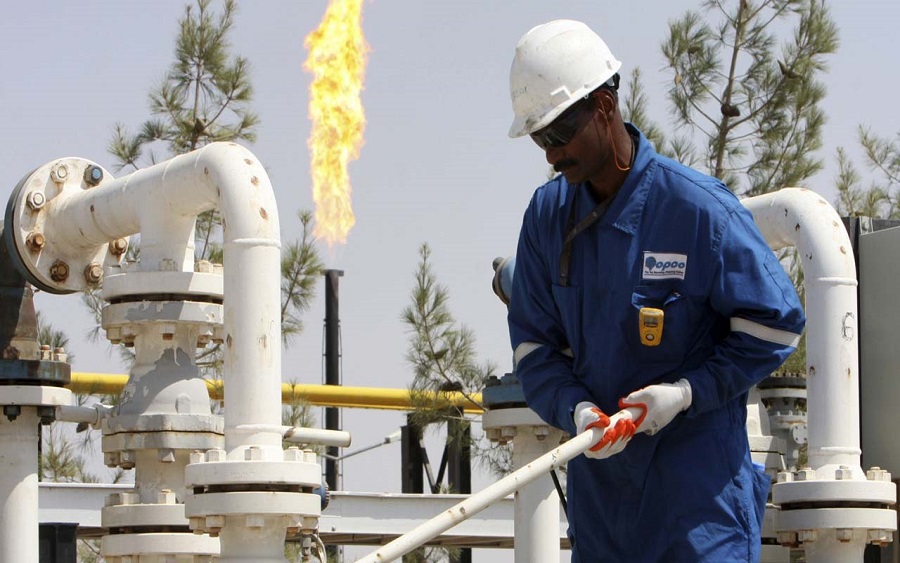By Sanmi Obasa
Nigerian government is talking about removal of subsidy on oil products and deregulation of the sector again. This issue is always ever with us. Though the All Progressives Congress (APC) and its civil society partners campaigned against it the last time it came up in 2012, it’s now the turn of the APC government to see it as a viable option. Herein the following matters arise.
One, it is fraudulent and cowardice on the part of the Nigerian government to use the World Bank and IMF as a cover and drop their names as the motivators of subsidy removal. That’s not true. IMF and the World Bank will not insist nor make any country to embark on a policy it doesn’t want. They only advise based on their neoclassical background.
A neoclassical economy requires free market, capitalism, deregulation, liberalization and privatization. That’s what IMF and the World Bank believe in, and they are not apologetic about it. And they need not be apologetic. You believe what you believe; the responsibility is on the other party to convince you of the alternative. They are not devil or criminal because they are not thinking like you.
Therefore, the responsibility to deregulate either down or upper stream of the oil sector is that of the Nigerian government. All it needs to do is to convince Nigerians that its decision on the matter is in their best interest that may not be immediately evident, but in the medium and long runs. And if Nigerians believe it is sincere they may buy its proposition. If otherwise, it has to keep on trying until they are both on the same page.
Curiously too, the opposition Peoples Democratic Party’s (PDP( hypocrisy and anti subsidy removal posture is very fraudulent. PDP government of President Jonathan marshaled and articulated a good argument for subsidy removal in 2012 through many officials, including the then Governor of Edo State, Mr. Oshiomhole who had previously led many protests and strikes against it when he was a labour union leader.
Whereas, a good understanding of Mr. Atiku Abubakar’s economic blueprint dovetails to an eventual removal of subsidies as it is predicated on neoclassical assumptions. Therefore, there is no reason for PDP to play opposition politics for the sake of it.
A smarter move by PDP would have been to let APC know its hypocrisy in 2012 and coming into term with reality now which PDP canvassed then. It should have seized the opportunity to have a joint platform with the government to dialogue with the people, on why if subsidy is removed and well implemented, it will definitely bring pains but many benefits in the long run.
The same position goes to the labour. Many of them like Oshiomhole, know the theoretical foundation and reality of subsidy removal and they accept it. But they are torn between Marxist and pro masses rhetoric. So therefore they take a dubious position of pretending that they will fight government against subsidy removal. But the truth has finally arrived.
The tragedy of the labour’s position is, it opens itself to be called pro APC, pro Buhari and pro Fulani. It removed a big chunk from the credibility of already fading and largely irrelevant movement.
So Nigeria will finally remove oil subsidy. Let’s hope so. But is there really any subsidy at anytime? Or is it normal lie, trust politicians?
They have actually been lying about the existence of any subsidy to Nigerian masses. Only the rich, government officials, bank and oil companies and big business workers are being subsidized.
What they have been camouflaging as subsidy which they must remove is the appropriate pricing of oil products. The inappropriate pricing have many problems for the economy. It makes the oil sector and the whole economy inefficient. It adversely selects investors or it keeps investors and needed capital away from the economy.
The market economy thrives on the appropriate role of the price. If the price is right, as determined by the market forces, then other things will be right, including employment of resources and inflow of capital.
The above position is what government officials should be canvassing rather than lying about subsidy that doesn’t exist. Because Nigerian officials aren’t informed and are dubious, they haven’t been able to get the people on the same page with them. As a result they have allowed Nigerians to be exploited by self seeking labour leaders, civil society profiteers and dishonest politicians.
It doesn’t matter whether a government is a socialist or capitalist, if it runs its affairs contrary to theories and principles, it will find itself in trouble. Economic and political theories and principles intertwine and at the same time they have boundaries. Those boundaries must be respected for policies to be effective and meaningful for growth and development.
The disregard for those boundaries has been responsible for ineffectiveness of economic policies in the underdeveloped countries, especially in Africa. If the issue or objective is to reduce poverty and corruption and engender growth, we must pay attention to particular theories and principles that will make them realizable.
It is meaningless protesting and going on strike if access to economic resources is the solution to our problem. Rhetoric and good speeches may massage our pain for a while, but our pain will surface again after the anaesthetic effect of speeches and rhetoric has waned off.
If government’s objectives in the long run is growth, development, poverty and corruption reduction, the policy option to pursue now is, appropriate pricing, deregulation, liberalization, privatization, true federalism and restructuring of the Nigerian state. Let’s do it now.
Sanmi Obasa is a research analyst, he teaches business studies at Centennial College, Toronto.
